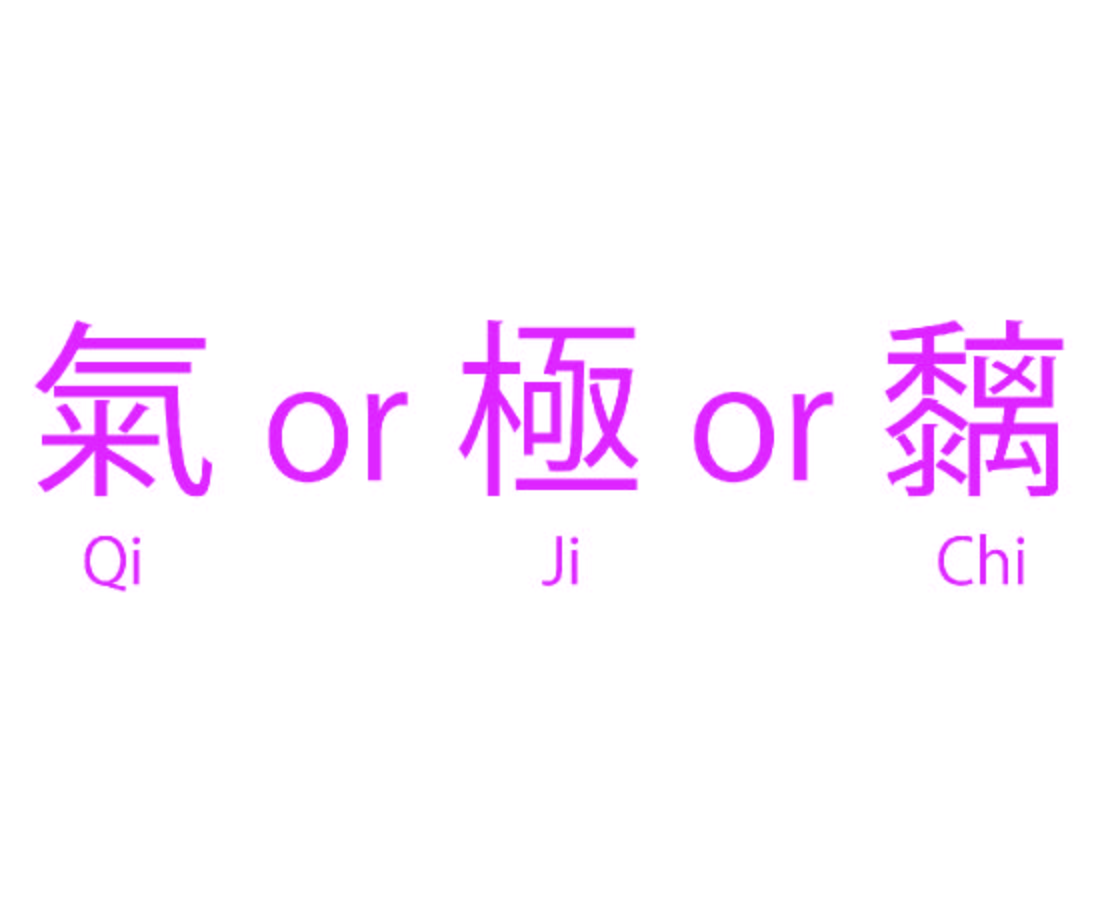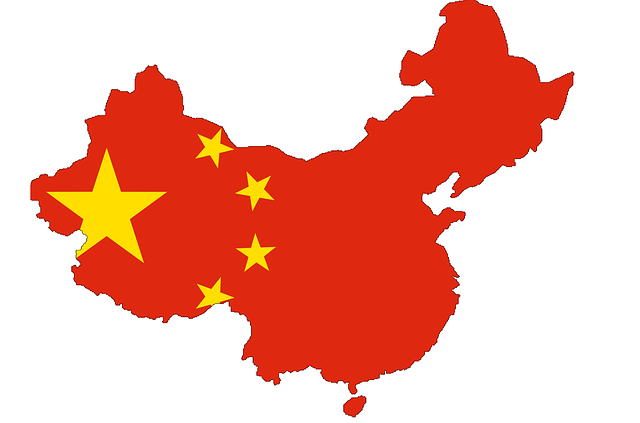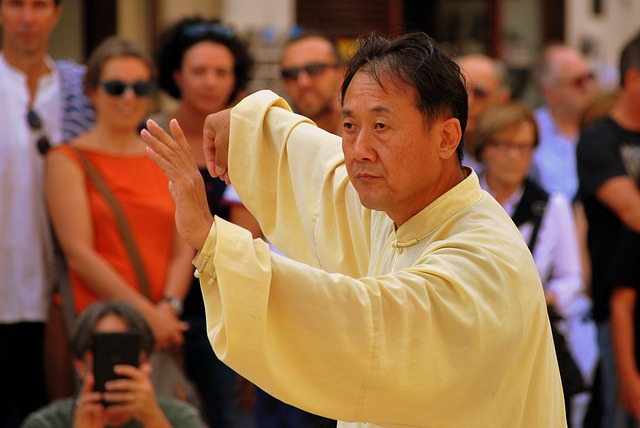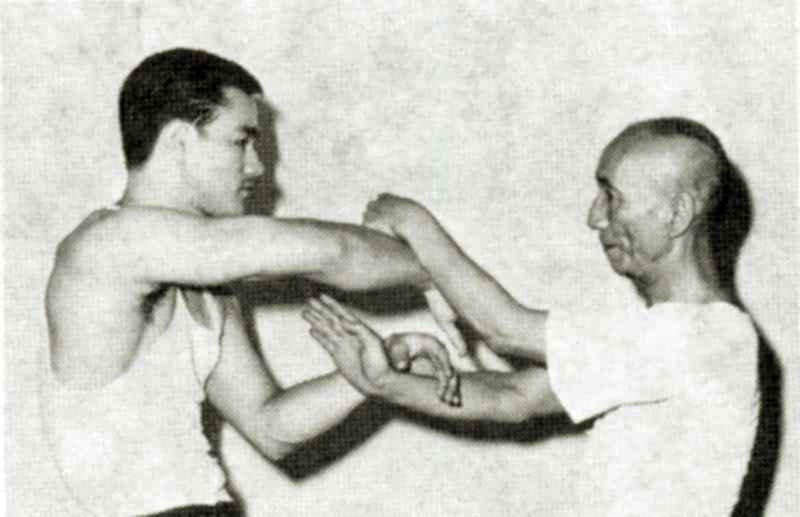
I am travelling at the moment, doing a variety of things including teaching workshops, providing qigong healing sessions, and attending a medical qigong conference. My itinerary involves visiting 12 cities in 5 countries around the world. Before I left on this trip, when people asked me about where I was going I told them “Georgia” and waited. It was interesting the different responses I got from different people. Some people assumed I was visiting the state of Georgia in the US, and others assumed that I was visiting the country Georgia in Europe. Only a few asked me if I was going to be visiting the country or the state!
I am actually visiting both the state of Georgia and the country Georgia on this trip, so I was just having a bit of fun with my question, because I don’t know how many chances I will have to say I am going to both of these destinations when I am asked.
I have only been in the country Georgia for a couple of days, but already I can tell you that it is very different from the state of Georgia. From the food, to the buildings, to the language, to the people, it is quite a unique experience being here. Thinking about my experience here made me think about a small issue that sometimes comes up when people are learning qigong, and that is getting different terms that sound the same of similar confused with each other. If I came back from this trip and talked to people about Khinkali and Khachapuri (two typical Georgian dishes), and someone had assumed that I had just been visiting the state of Georgia, then they might be quite confused what I was talking about. The same thing happens in qigong sometimes when we don’t actually know what some of the words we are using are talking about. So in this article I will look at a few examples of this, and make a few suggestions of how to avoid this confusion.
Spelling, sounds, and dialects
There are a few factors that make it particularly easy to get different Chinese words confused with each other. One is that historically there has been more than one way of transliterating Chinese words into English. Wade-Giles was more popular some decades ago, with Pinyin becoming the official way of transliterating and much more common in recent years. There were some other systems of transliteration as well, but these are the most common two you will see. In addition to this the Chinese language is tonal. Two words that sound exactly the same to an uneducated Western ear, can actually be completely different due to subtle differences in the tones used. And to top it off there is significant difference in regional pronunciation in different parts of China. So even if you are able to pronounce or listen to the Chinese language ‘correctly’ it is still going to sound quite different according to the regional accent or dialect of the speaker – so the terms may still be confused.

Some examples of words that get confused in qigong
I will give a few examples of some easily confused words in qigong, and how they can be distinguished, starting with one of the most common ones: Qi

Qi (氣)makes up half of the word Qigong (氣功), and means energy. Having at least a basic concept of what this word means is fundamental to understanding the practice of qigong. However, it commonly gets confused with at least two other words from related practices, which can lead to quite confused understandings.
One of these words is Ji (極), as in Taiji Quan (太極拳). The words do sound quite similar, even more so if Qi is being spoken in a northern accent, and Ji in a southern accent, but on top of this in the Wade Giles system of transliteration they are spelled the same way Qigong becomes Chi Kung, and Taiji Quan become Tai Chi Chuan. This leads to misconceptions about the role of Qi in Taiji – maybe not a huge deal, but still it points people in not quite the right direction with their understanding and therefore their practice. Taiji certainly uses qigong principles and qi within it, but in its name the Ji refers to ‘pole’ or ‘terminus’. Inherent in the name is the idea of moving between poles, or transitioning between Yin and Yang. Understanding this will help to focus a student’s mind and energy within their practice much more effectively.

Click here for more on the difference between Tai Chi and Qigong.
Another word that sometimes gets confused with Qi (氣) energy is Chi (黐) sticky, from Chi Shou (黐手), or sticky hands – a type of training drill used in many styles of kung fu to develop sensitivity and spatial awareness. In both Wade Giles and Pinyin this is spelled ‘Chi’ clearly it is not the same as either Qi (氣) or Ji (極), not understanding this – again will put the student slightly off track in their understanding and practice.

Confusion with the word Qi is one that comes up very often, but there is plenty of opportunity to get other Chinese words confused with each other as well. A couple more examples:
Bai Hui (百會) – is a very important acu point at the top of the head which is used in many qigong practices. It translates as ‘hundred meeting point’ which gives perspective to the energetic characteristics of the point, which is useful as you go deeper into your practice. Another common Chinese word which sounds almost the same is Bai (白) meaning white. Someone with a very superficial knowledge of Chinese could easily get the two mixed up, and be a little misdirected in their practice because of this.
Ren Mai (任脉) known as the central meridian or conception vessel, runs up the centre of the front of the body and has an important role in regulating all of the yin energy. But the Ren (任) in Ren Mai is quite different from another common Ren (人) which means “human” or “people”.
So how do we avoid this type of confusion of words in qigong?
Well often it will be clear from the context of usage what is being referred to, but this may not always be obvious to beginner, or even intermediate students, and it is primarily this group that we want to help to make sure they are on the right track with their understanding as they progress in their practice.
Pronunciation
Focusing on pronunciation so that you are saying words correctly is useful, but not a complete solution as for many westerners even pronounced correctly the words will be different to distinguish from each other, and again as mentioned earlier – different Chinese accents and dialects say the words differently anyway. But at least being in the right ball park with your pronunciation is a start.
Chinese Characters
Using Chinese characters as well as transliteration into your own language when you are writing can be very useful. When people see 氣, 極, and 黐, it is very clear that they are different things than just one mysterious “Chi”. But still to many people, unless they are intent on learning the Chinese language fully, these may just appear as scribbles rather than as words, so they won’t carry the information that they need from them. And as a lot of teaching is often done by speaking and demonstrating rather than writing, they will be no better off in these learning environments.

Translating concepts is more important than translating words
So that leaves us with one final, and I think very important solution. Whenever possible I think it is best to translate Chinese terms into the language of the people that are learning. In this way the focus shifts to the concept rather than the particular word used. The true benefit and understanding of qigong comes from experiencing it. It is something beyond words. Language is useful for directing the mind, the awareness, the intention, in the right direction, but in the end that is what is important rather than the specific words used.

There is a bit of a myth that sometimes surfaces, that you simply cannot understand Chinese concepts without also understanding the Chinese language. But – if the true experience is something beyond words, then we can surely go beyond this and use whatever language is available to us to point towards this deeper meaning and understanding. Sometimes it may take more words, sentences, even whole conversations to refine that understanding. But this combined with experience will take us to that which we seek. Often we use single words as a short form way to refer to something much broader and deeper – and that is useful and even necessary on a day to day basis, but I think it is important to remember that the word is not the thing – it is just a way to refer to it.
In the end it doesn’t matter if I say Qi, or just energy, as long as I know, and the listener knows what is being referred to.
I hope this article has been useful to you and maybe given you some things to think about that will enrich your qigong practice. If you would like to stay informed of when each new article comes out, make sure to
Yours in qi!
John Munro
Founder – Long White Cloud Qigong
3 Comments. Leave new
I have been practicing Heaven and Earth for many years with John Munro, Great movement’s and has helped me so much. I’m retired and living in Largo Florida and still doing the movements that take about an hour to complete. Thankful for all you teach????????????
Thanks Dan ????
Great explanation of these words that I worry about confusing between different meanings in different context.. Interesting side point I am reading this article while in Gudauri, Georgia. The post Soviet Union Georgia……